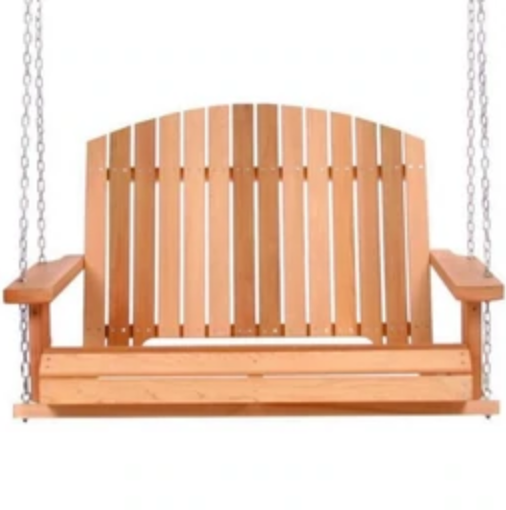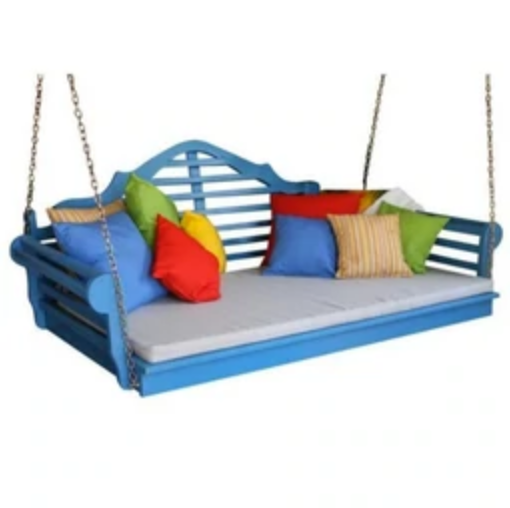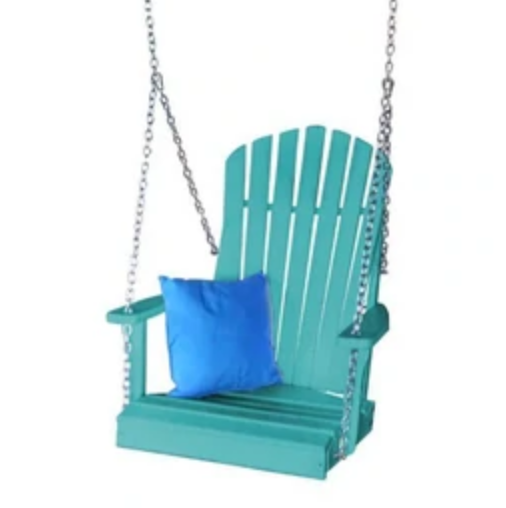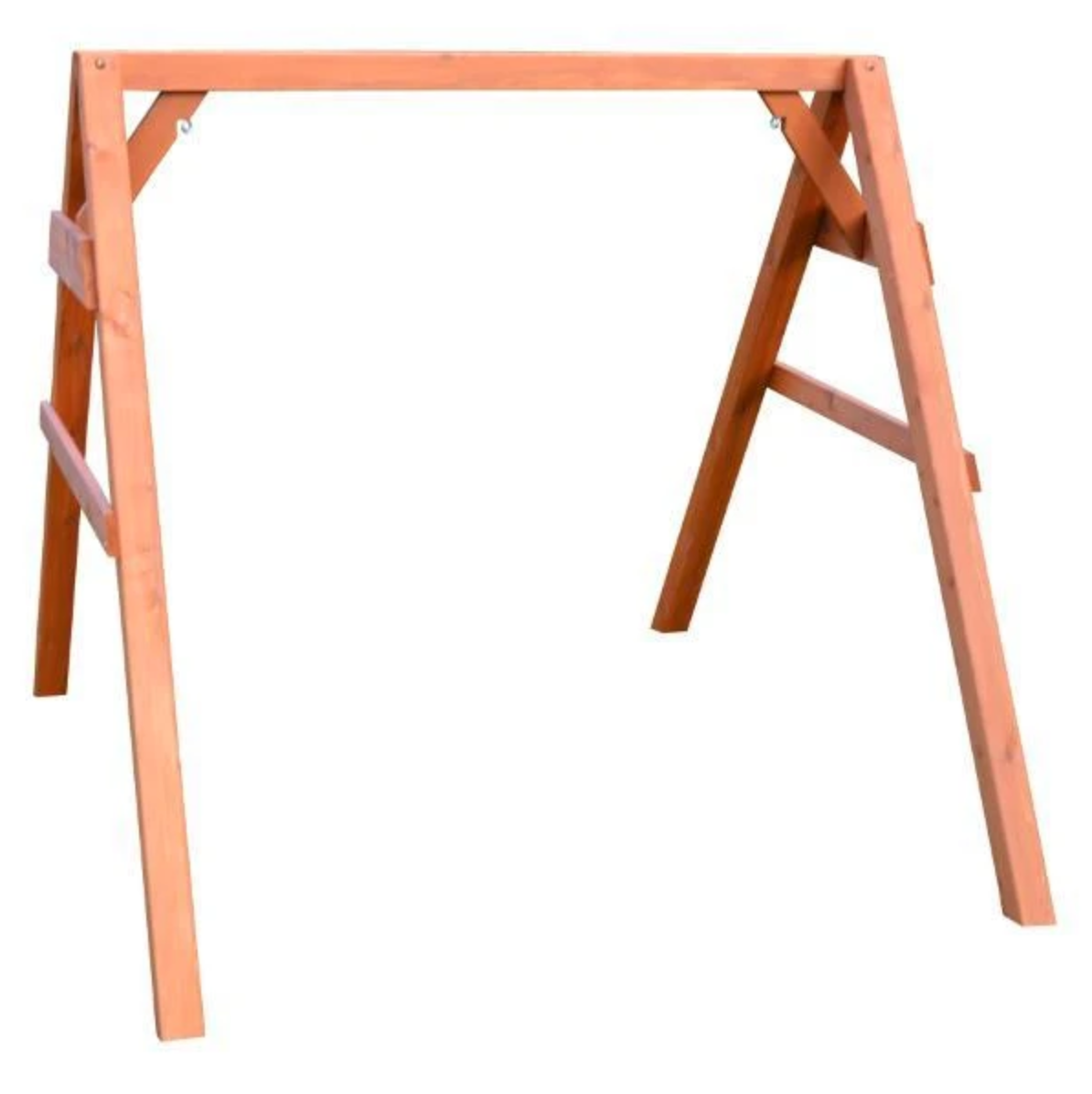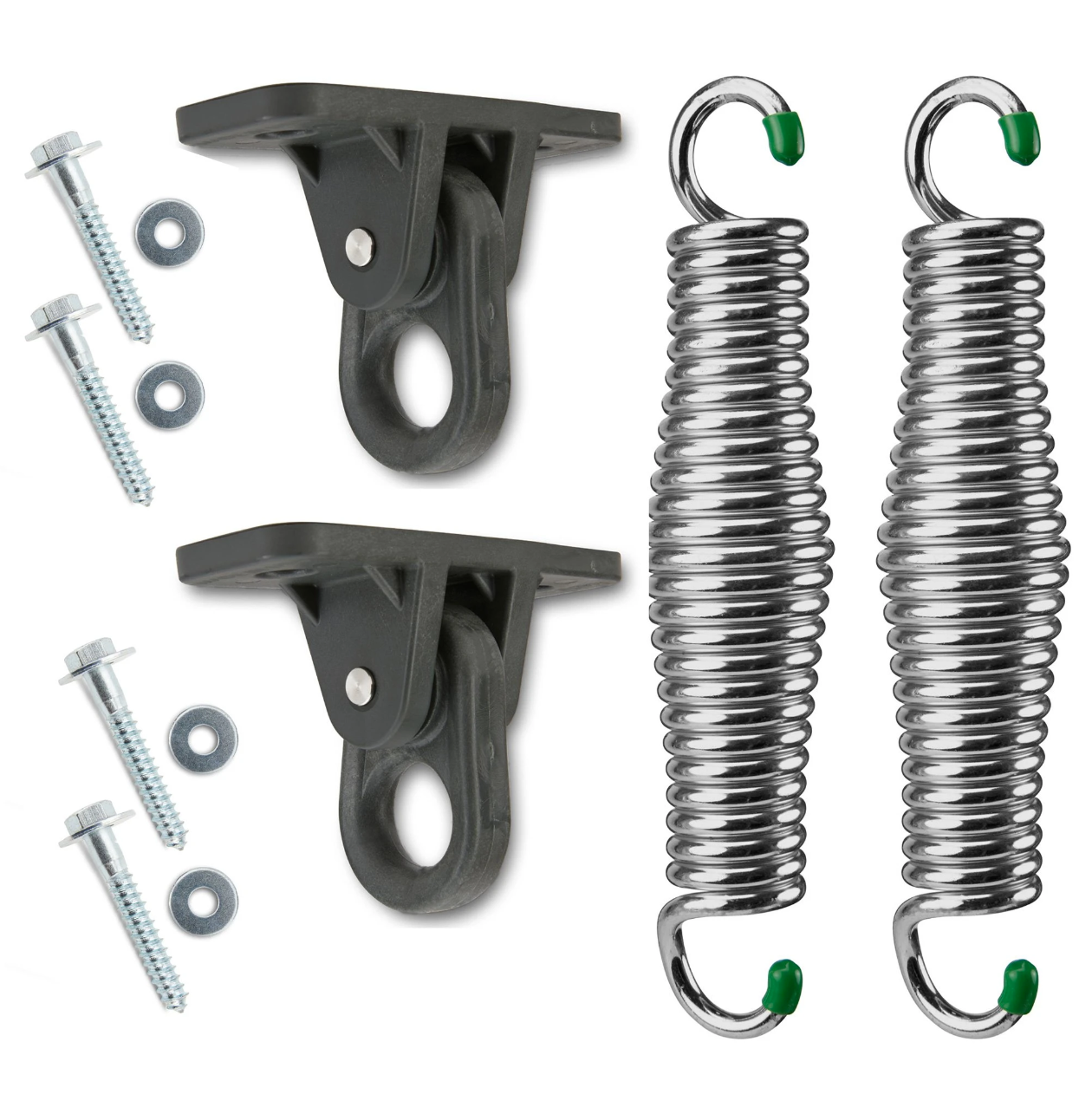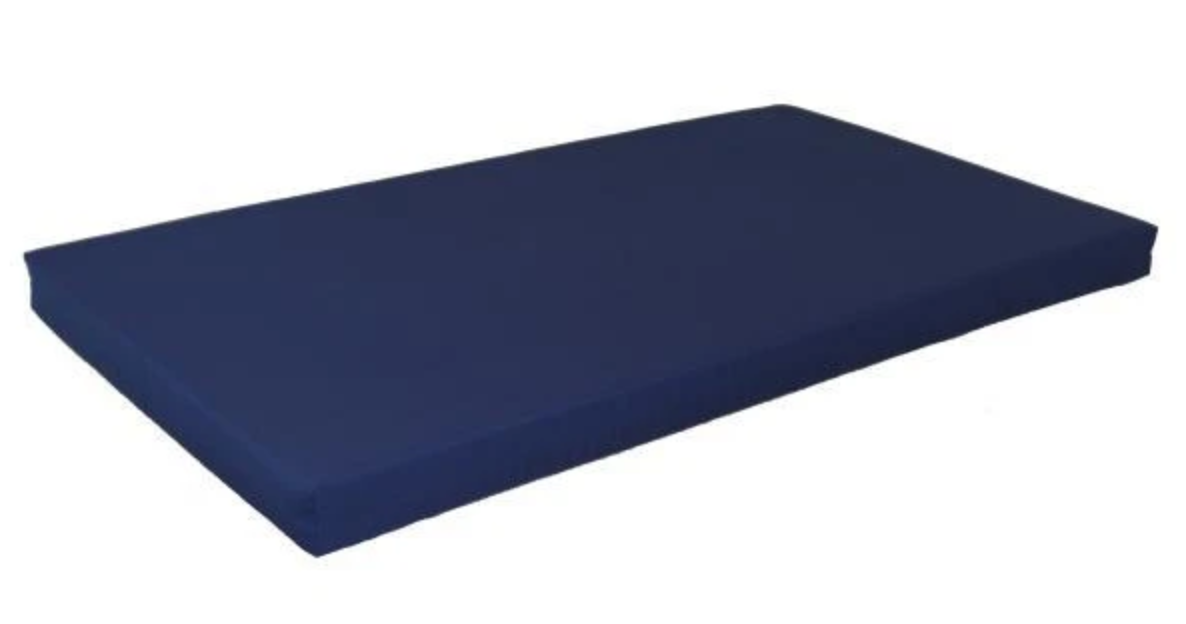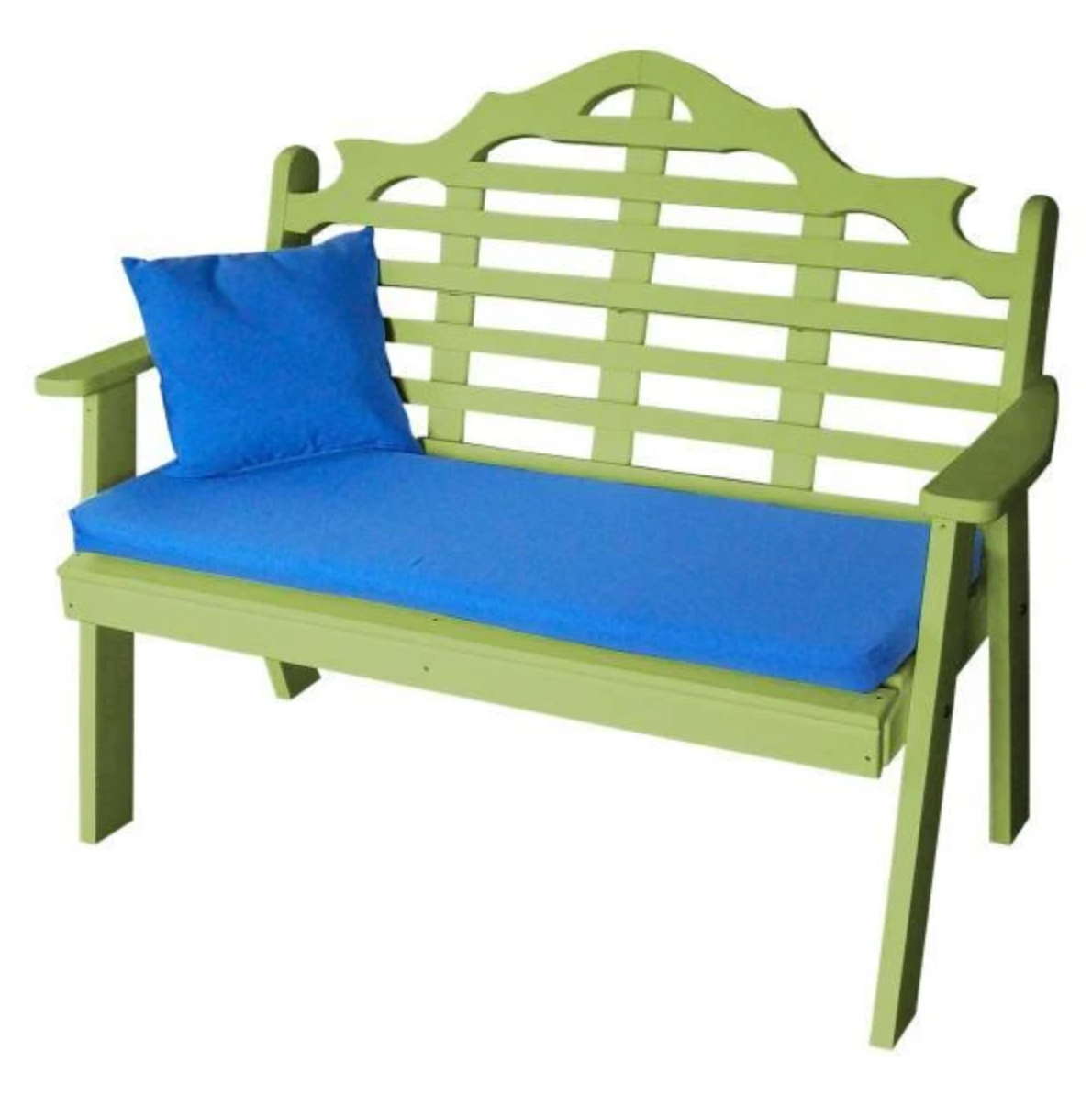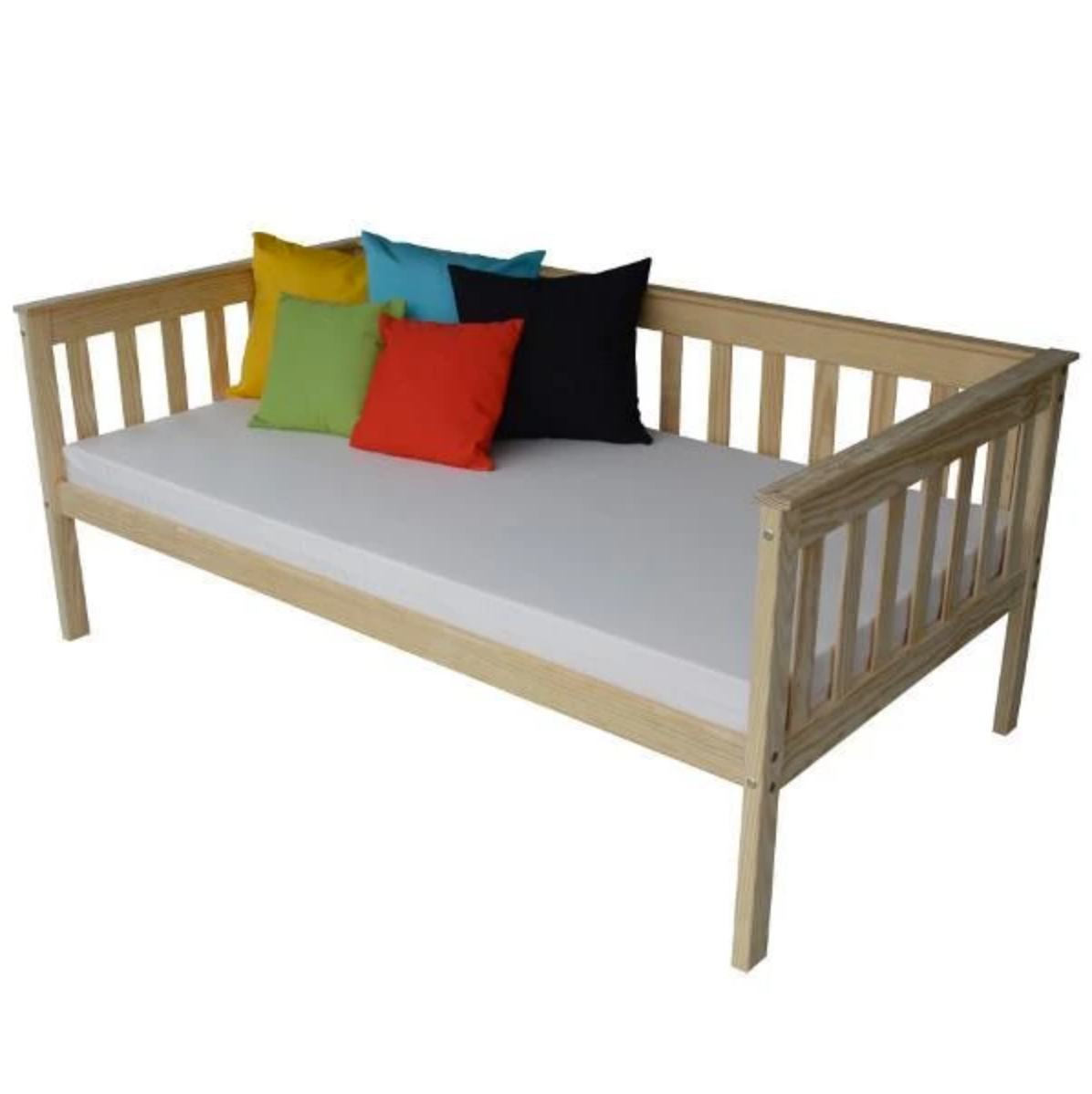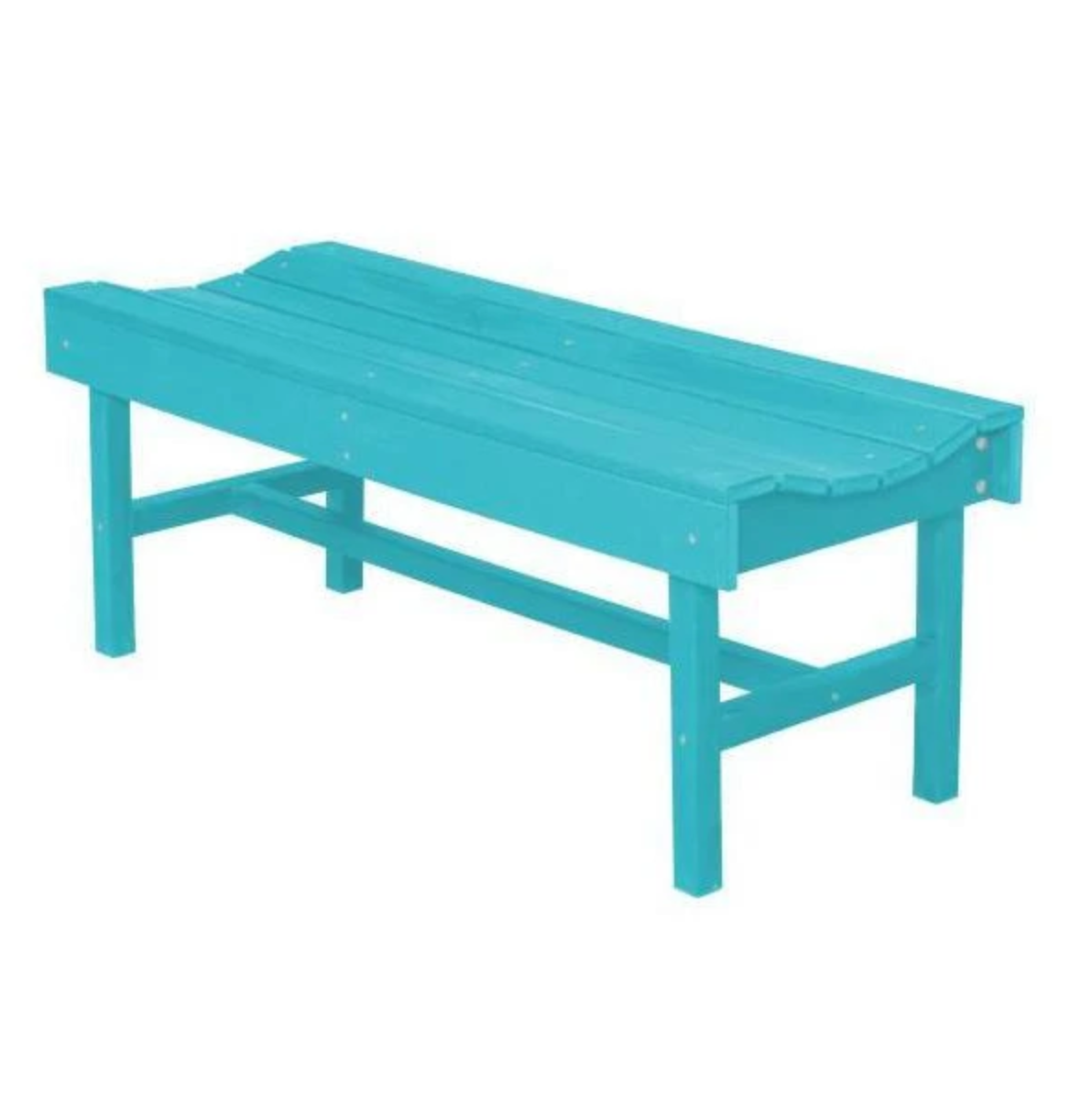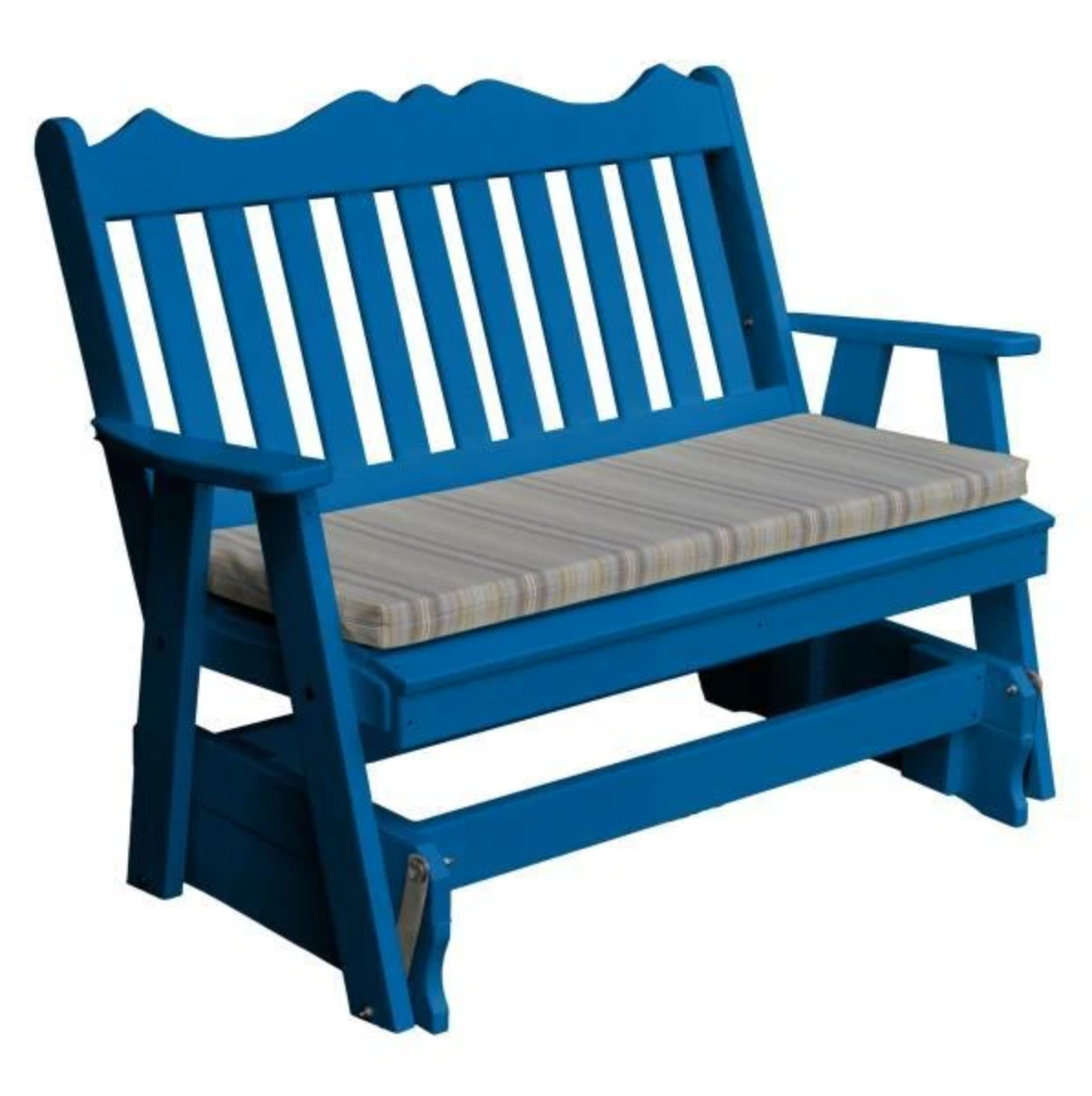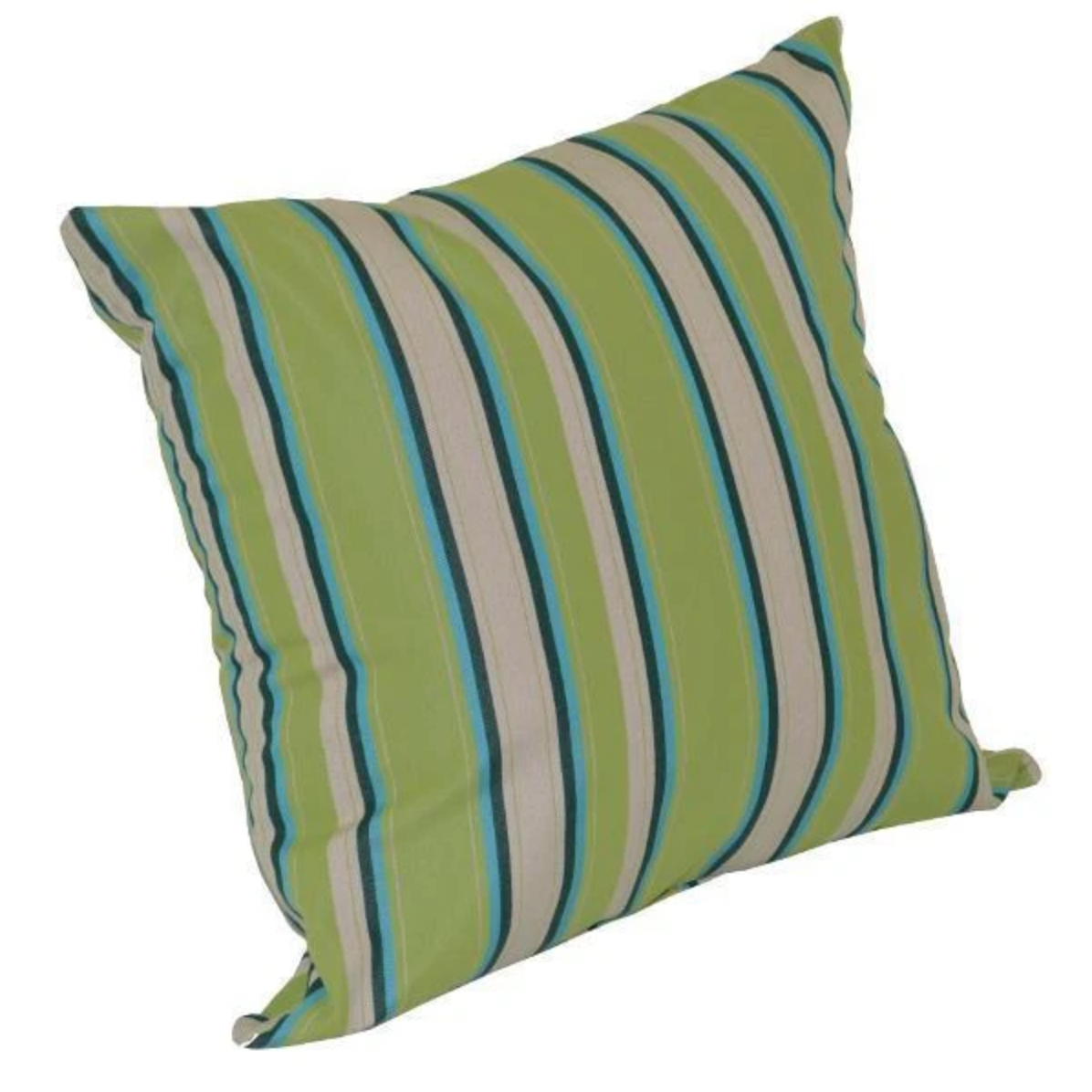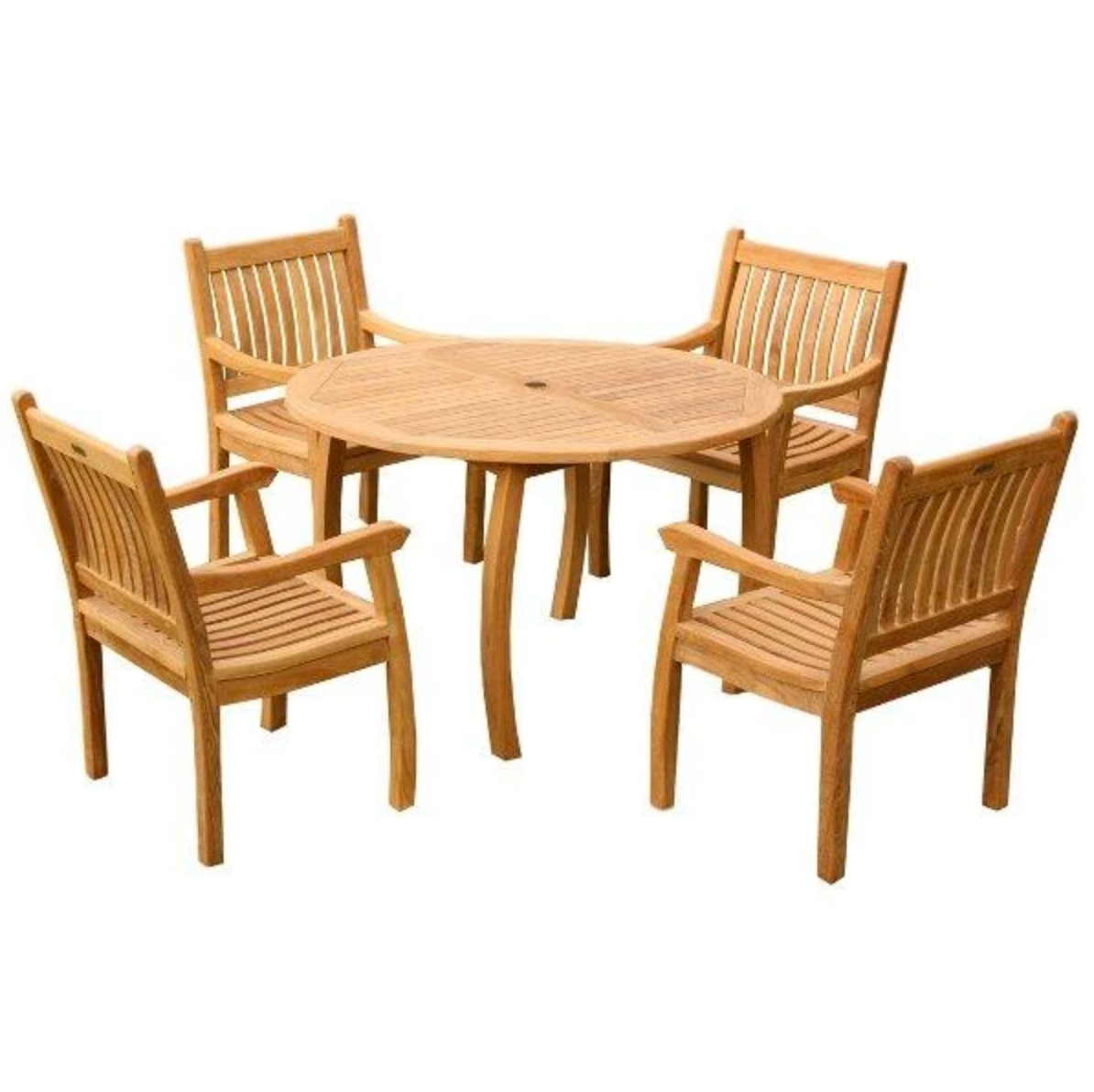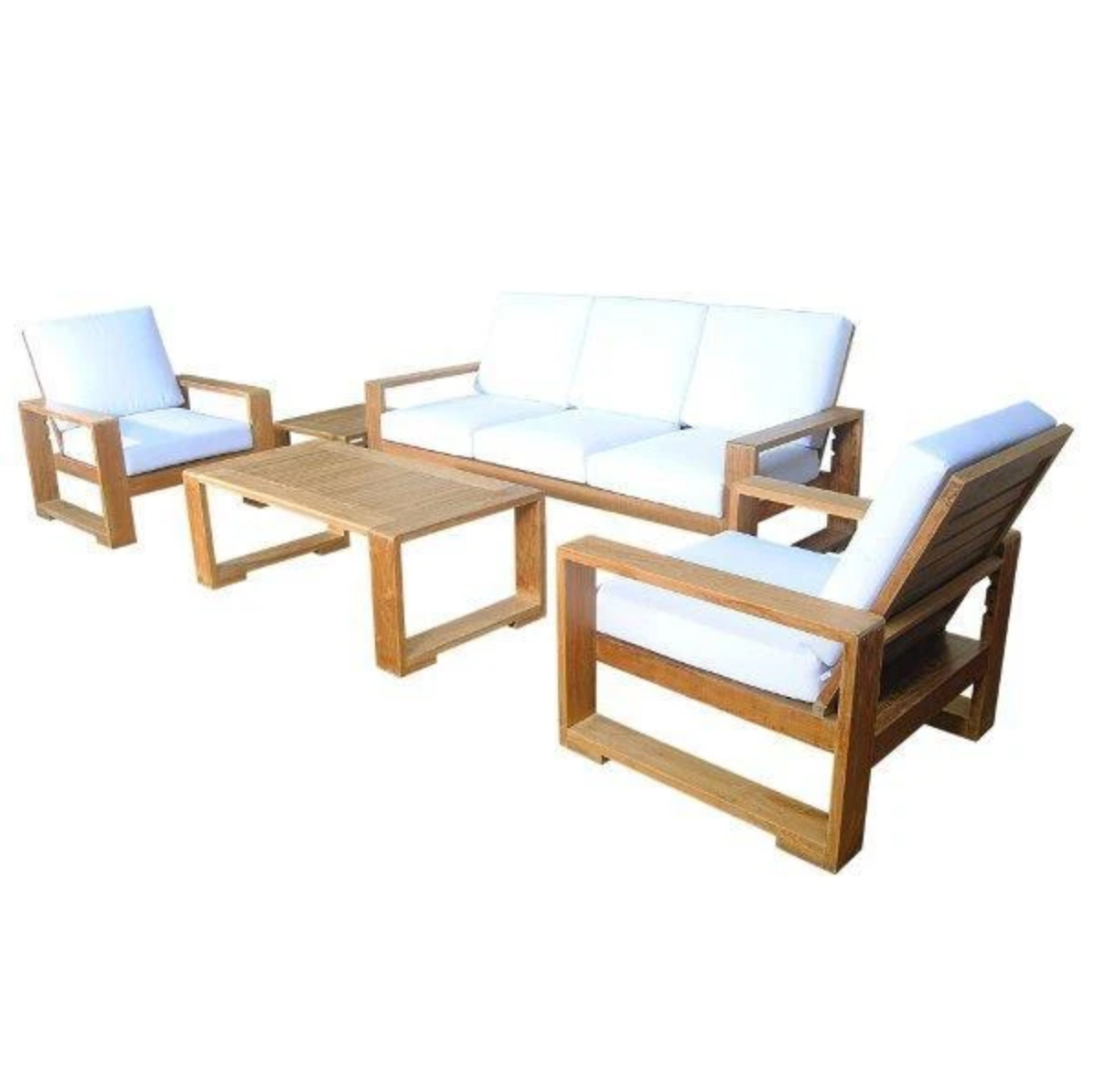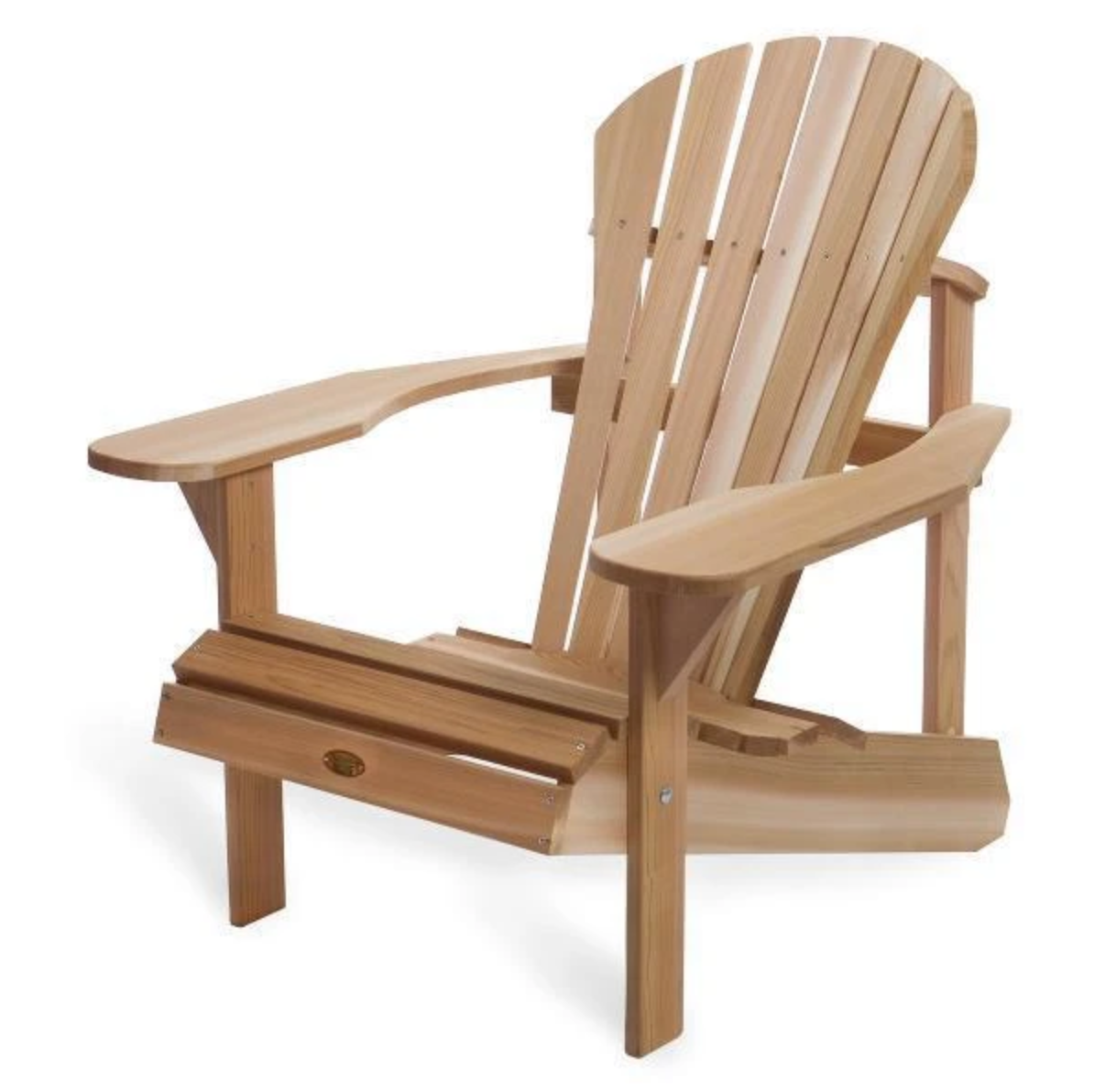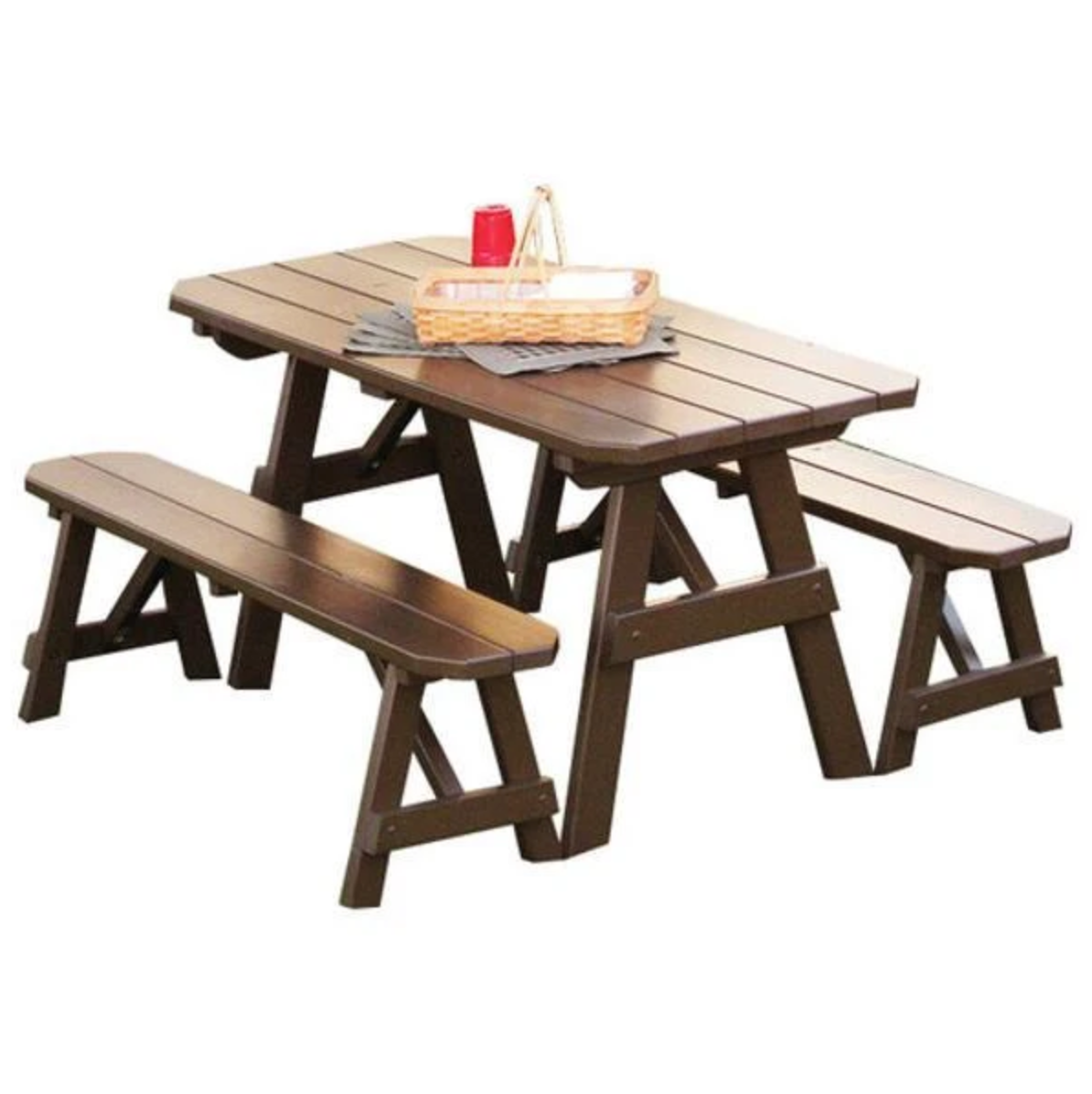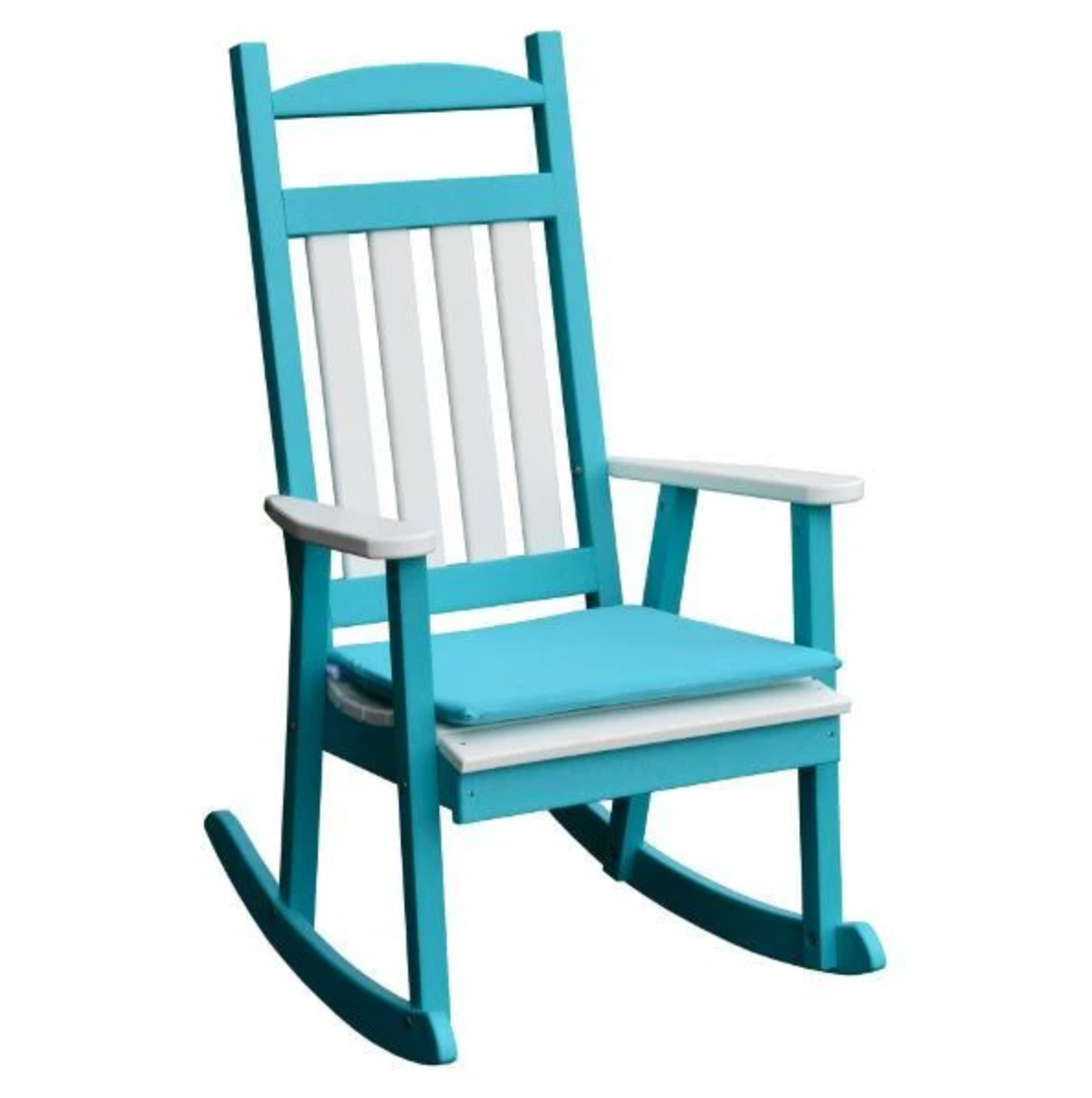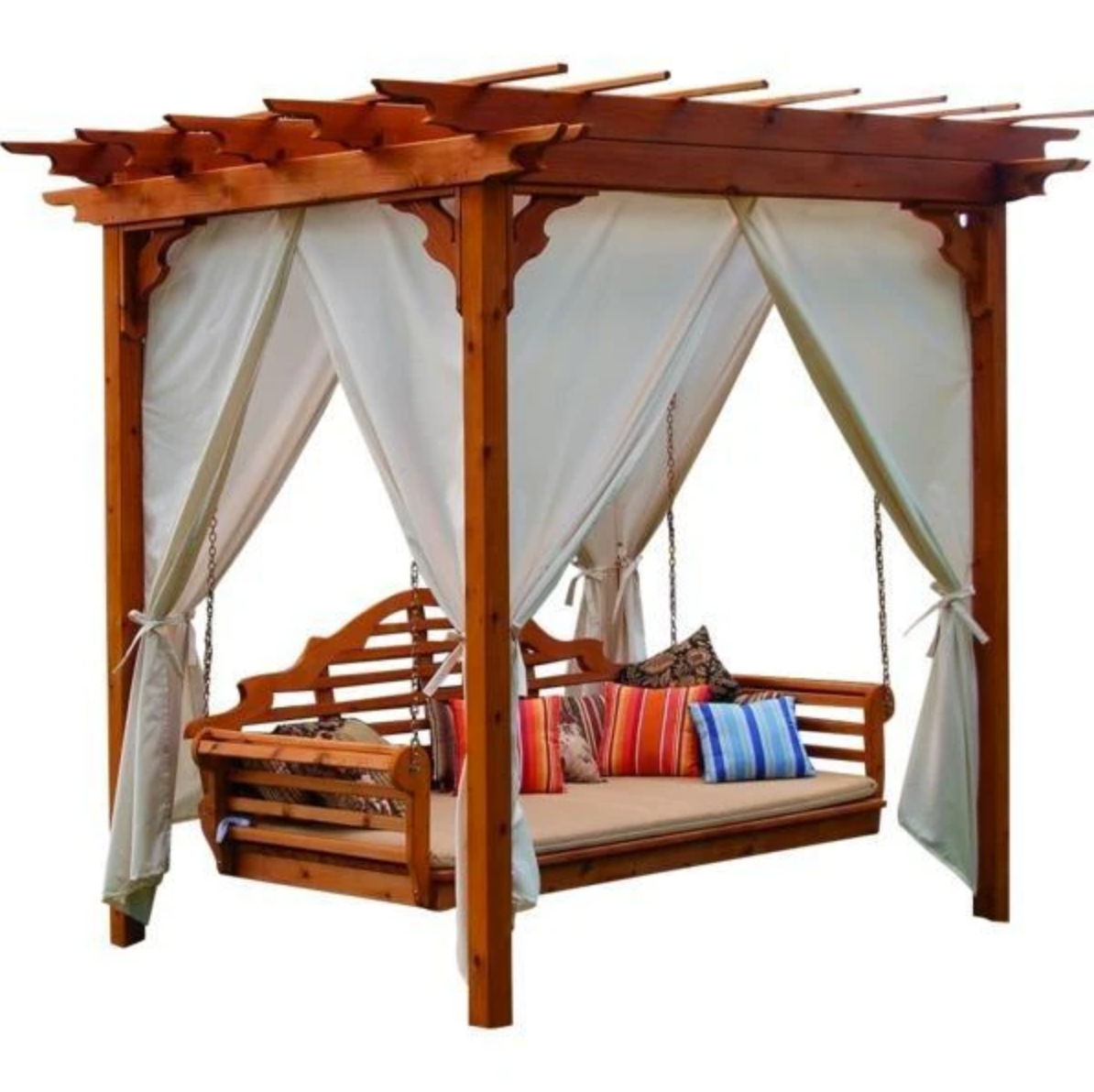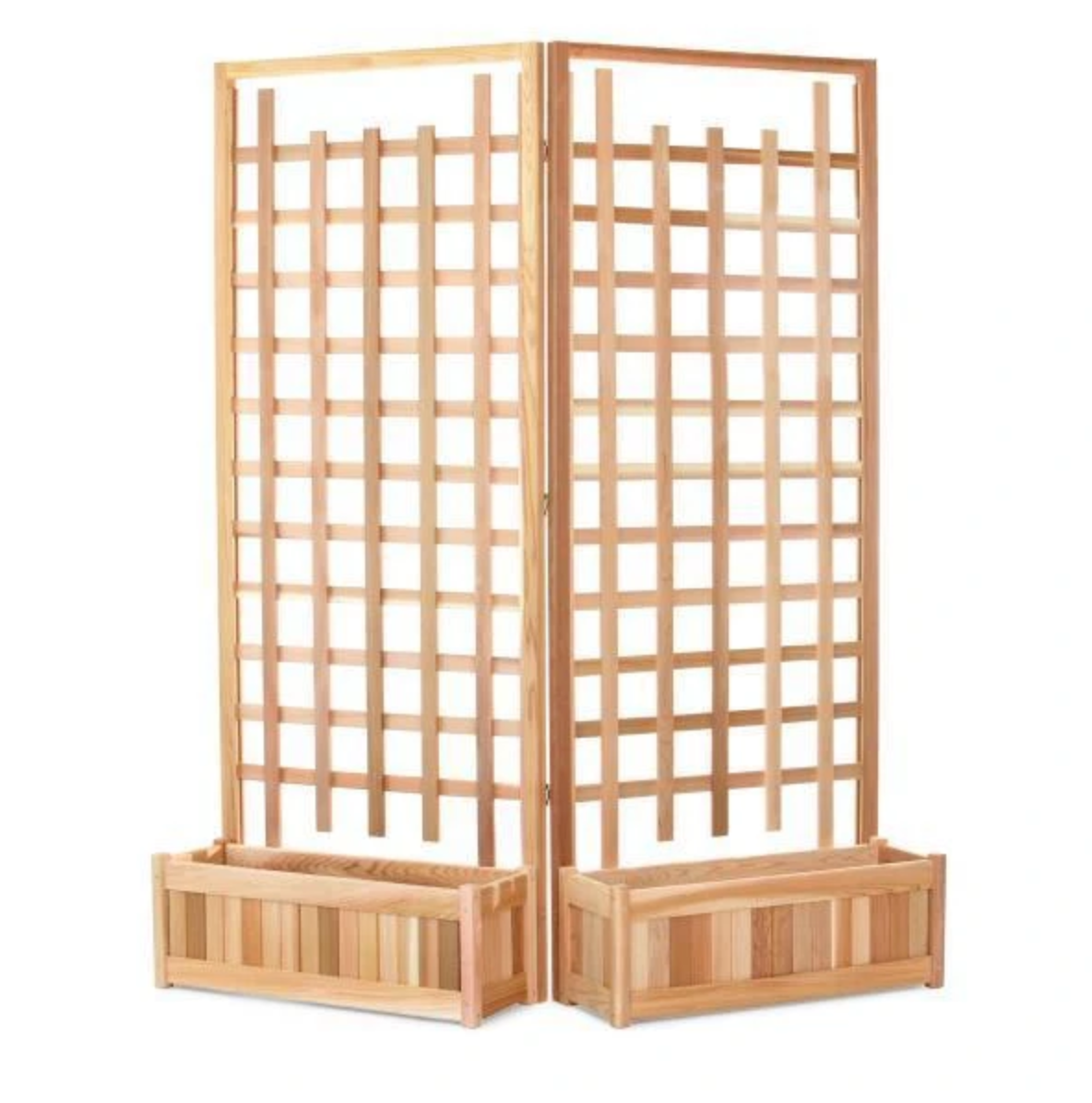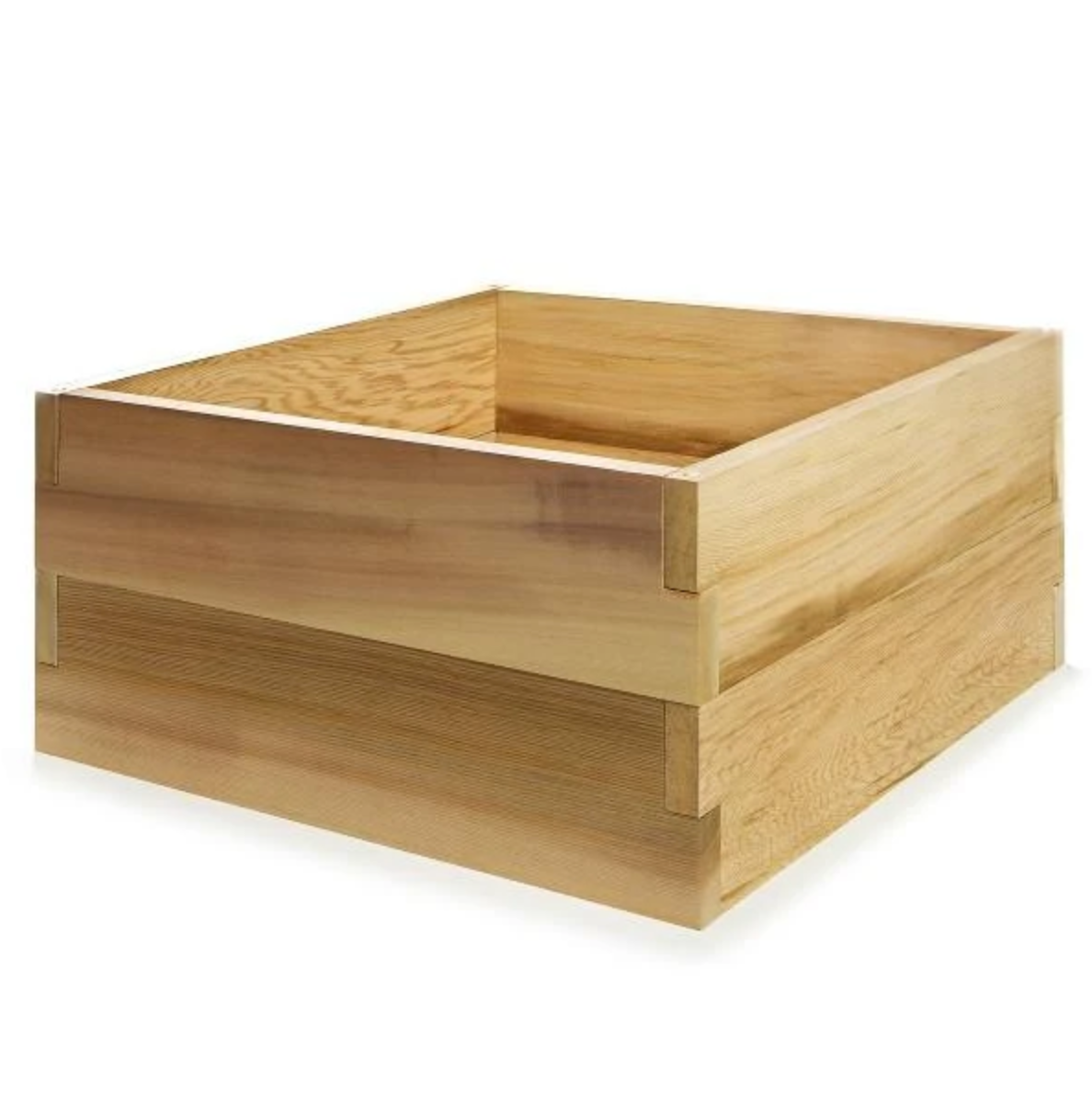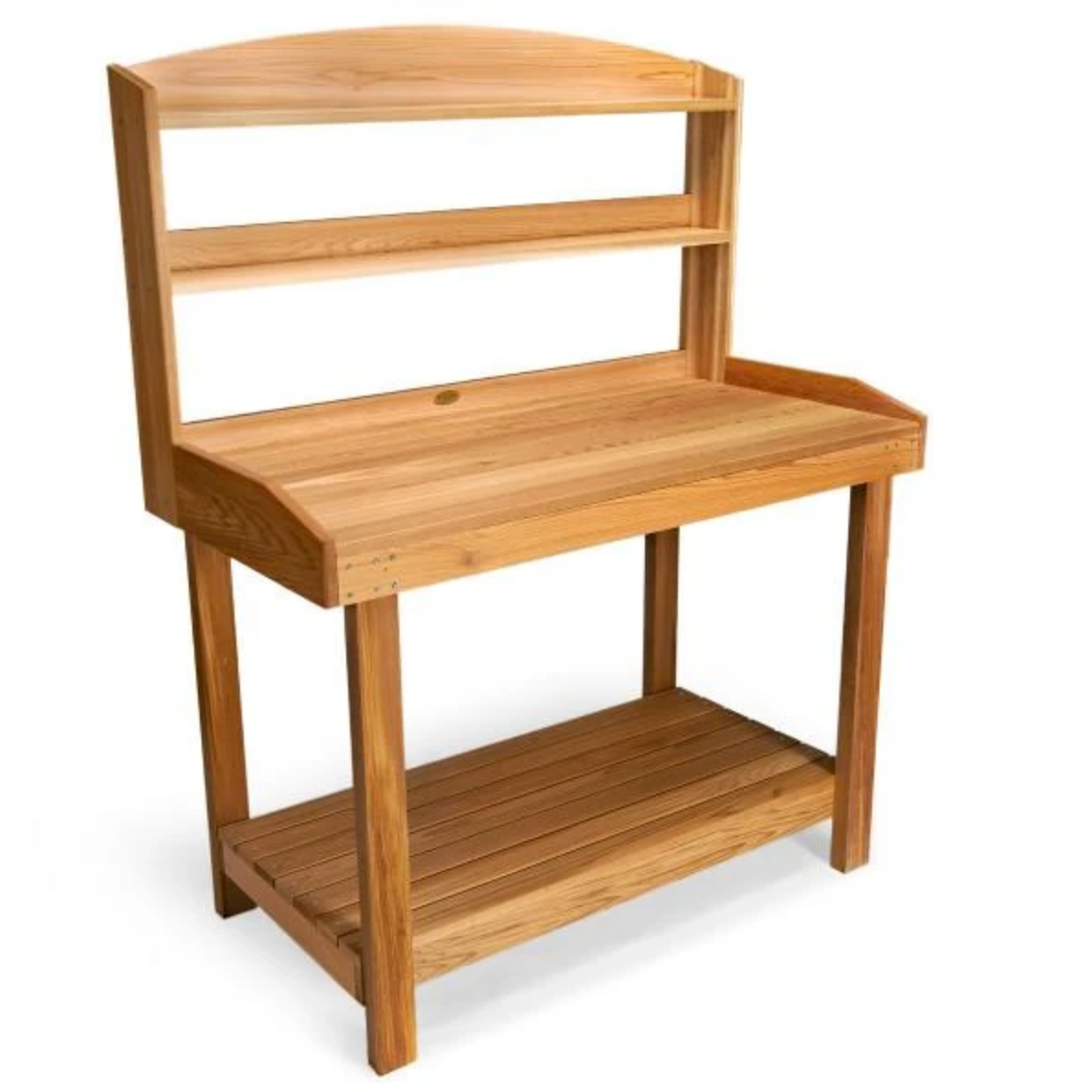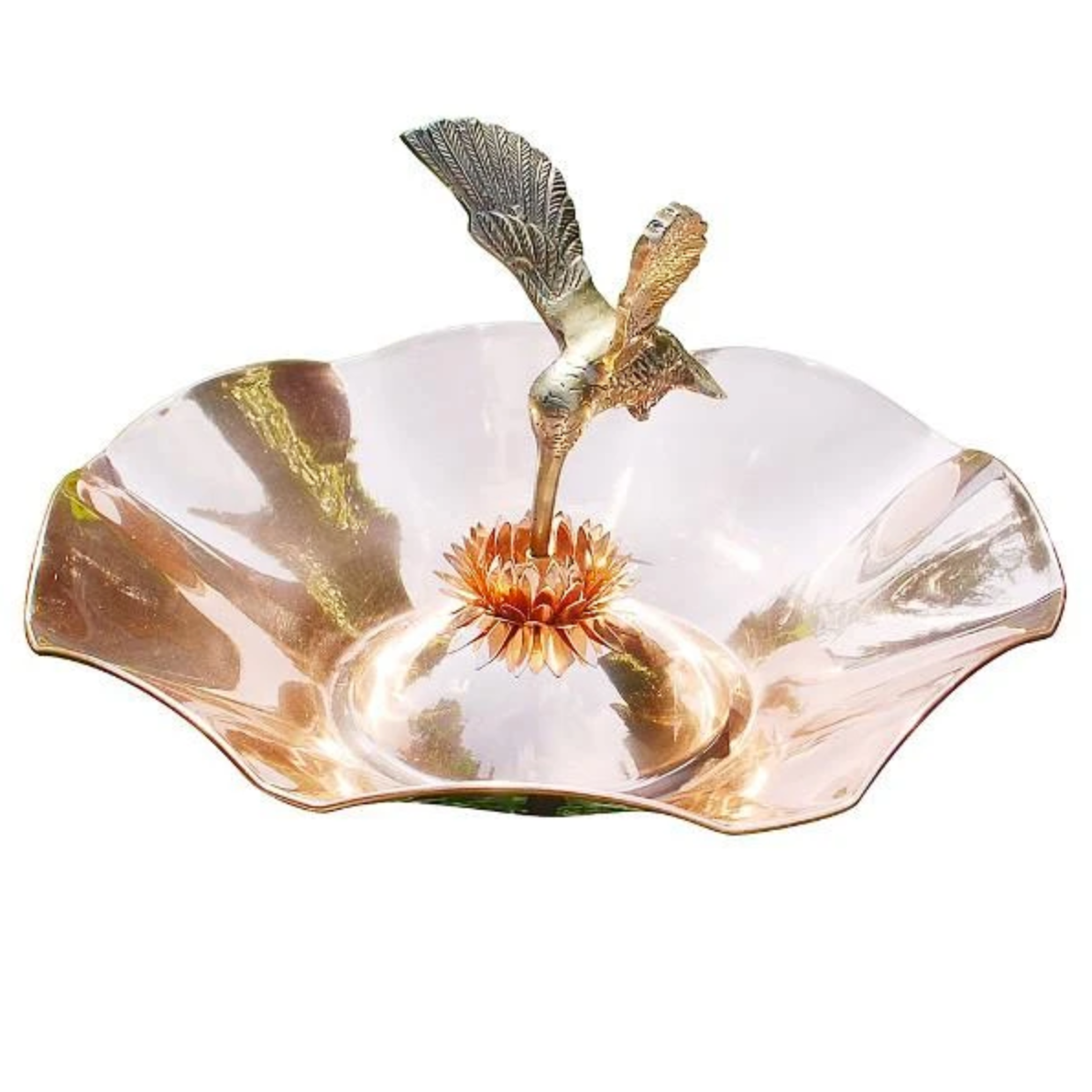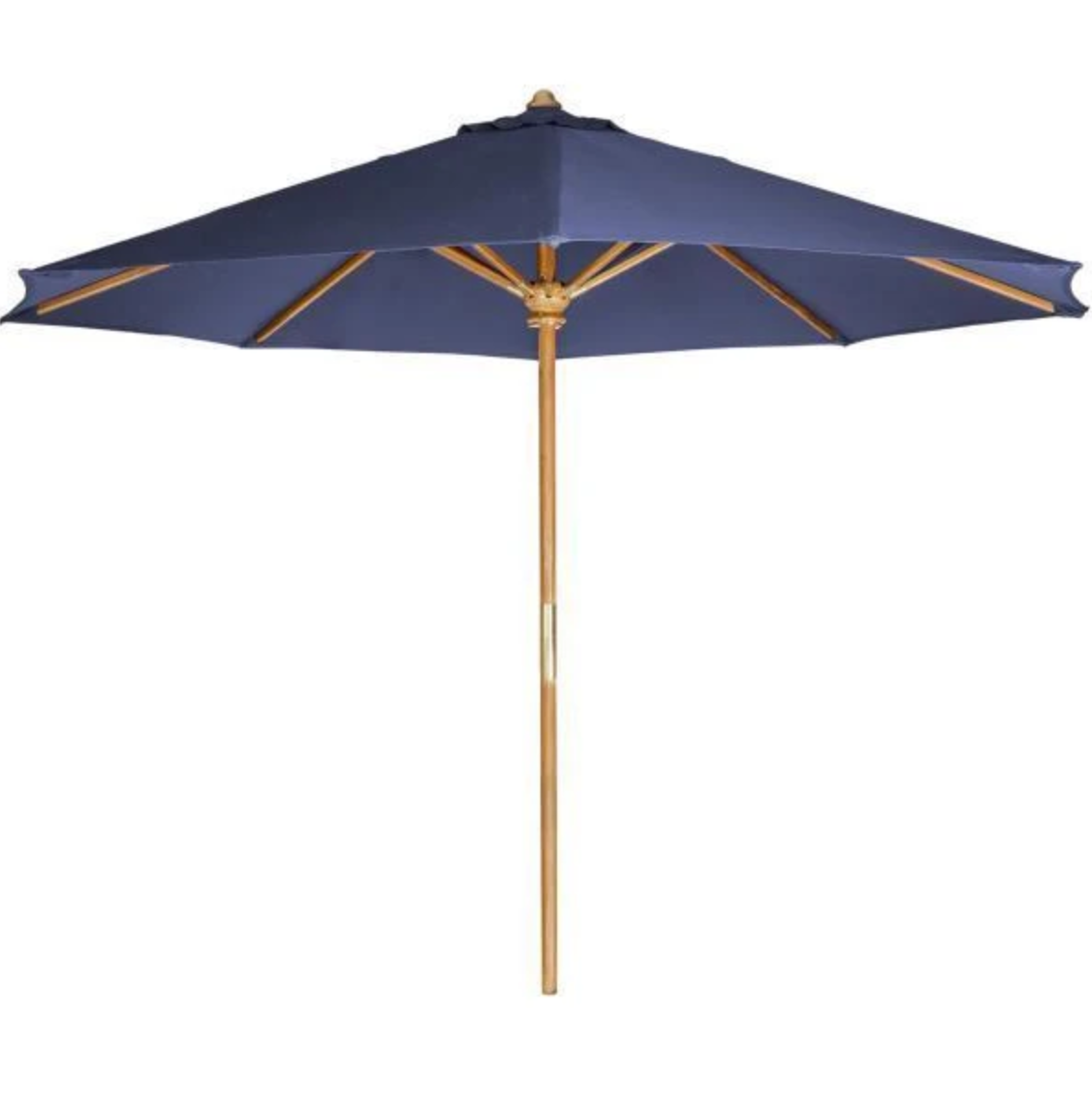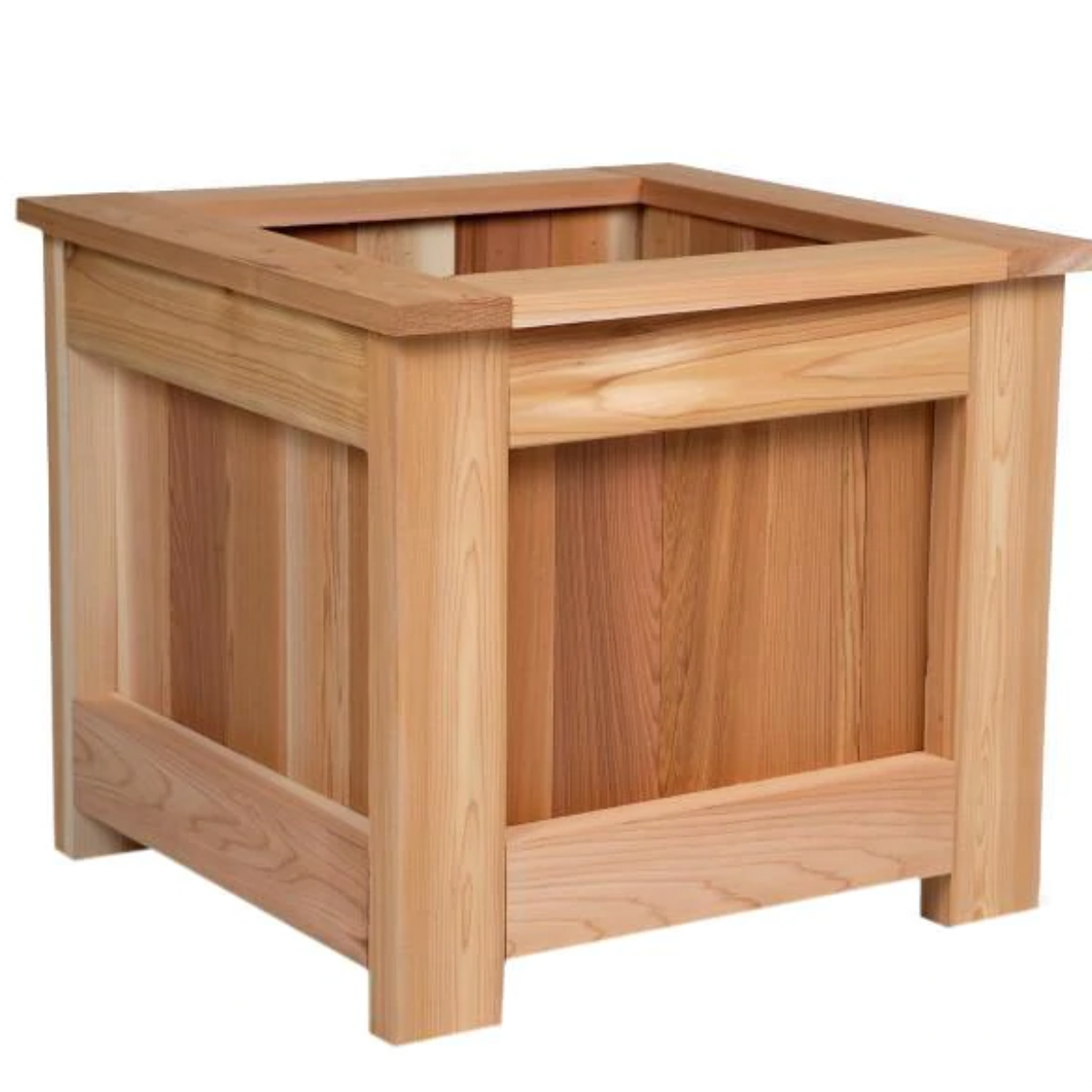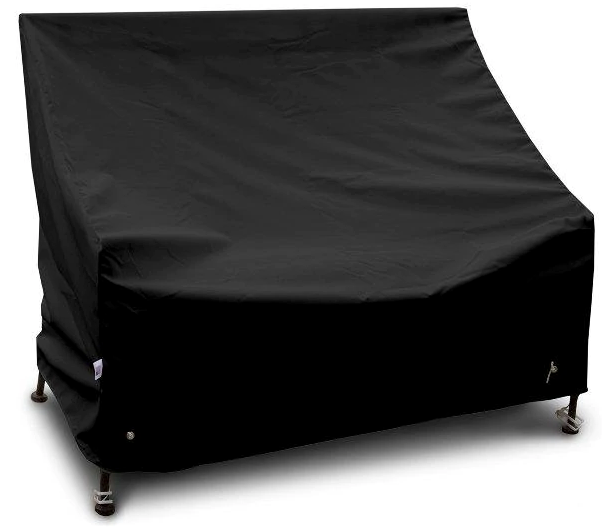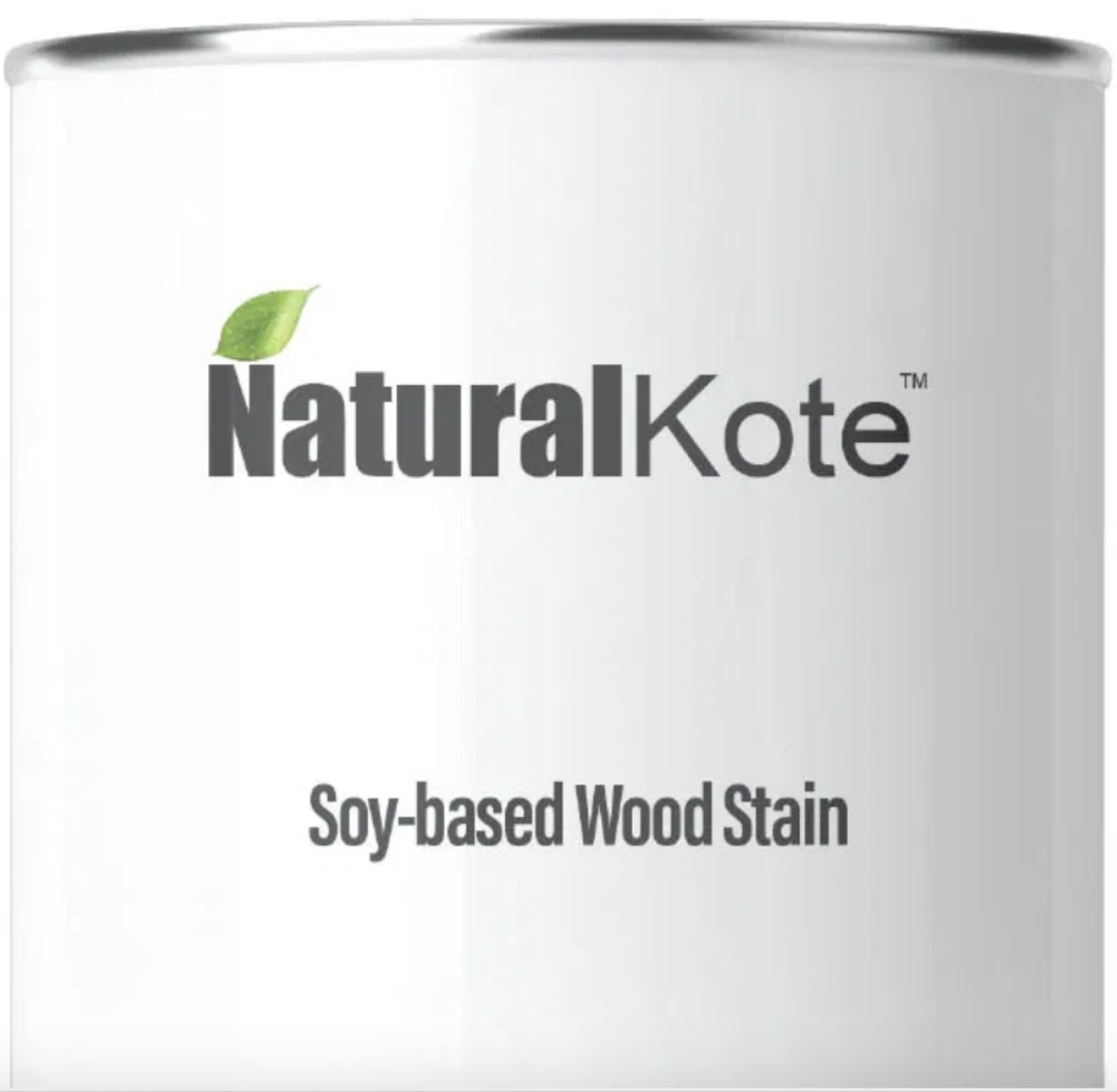Your Cart is Empty
FREE SHIPPING ON EVERY ORDER
Menu

FREE SHIPPING ON EVERY ORDER
Swings
Benches
Tables & Chairs
Home & Garden
Wooden Outdoor Benches / Wooden Garden Bench
Wooden Outdoor Benches / Wood Garden Benches for Sale
When the garden is your pride and joy with dedication and sheer hard work poured into growing these plants and developing the landscape. Now, fill it with charming Wooden Outdoor Benches that'll blend and enhance your work of art. Shop the entire collection and choose benches made of premium quality Teak, Cedar, Pine, Cypress, Locust, Mahogany, and Oak.
Q1: What are the main characteristics that define Wood Benches in terms of outdoor use?
A: Wood benches are characterized by theirnatural warmth, classic aesthetic, and customizability.
-
Aesthetic Appeal: Wood provides a timeless, organic look that complements any landscape or architectural style.
-
Comfort: Wood is a natural insulator, meaning it tends to stay cooler in direct sun than metal and less cold than poly in freezing weather.
-
Customization: Wood can be easily sanded, stained, painted, or sealed in any color or finish, allowing complete control over the bench's final look.
Q2: What is the single biggest factor affecting the lifespan of a Wood Bench?
A: The single biggest factor affecting the lifespan of any wood bench ismoisture management.
-
Water Absorption: Wood naturally absorbs moisture, which can lead to rot, mildew, swelling, cracking, and warping.
-
Sealing is Key: To combat this, all wood benches (unless naturally resistant like Teak or Cedar) must be regularly treated with a qualityexterior-grade stain, sealant, or paint. This treatment acts as a crucial barrier against moisture and UV radiation.
-
Ground Contact: The legs and feet of a wooden bench are highly susceptible to rot where they meet damp ground. Using foot protectors or placing the bench on concrete/pavers helps isolate the wood from perpetual moisture.
Q3: How often does a standard, non-treated Wood Bench require maintenance?
A: A standard wood bench (like unsealed Pine or oak) exposed to the elements typically requires maintenanceevery 1 to 3 years, depending on the climate:
-
Cleaning: Annually, the bench should be cleaned with a mild soap solution and a soft brush to remove dirt and mildew.
-
Sanding/Prep: Any flaking paint or rough spots should be lightly sanded down.
-
Re-treatment: A fresh coat of exterior stain, sealant, or paint must be applied. Failure to maintain the barrier will quickly lead to the wood graying, cracking, and structural deterioration within a few seasons.
Q4: Are wood benches structurally strong for heavy loads?
A: Yes, wood benches are robust. A well-constructed wood bench with thick framing stock (e.g., 2x4 or 2x6) provides excellent structural integrity. The key to maintaining this strength lies inpreserving the joints. Regular inspection is needed to ensure that screws and bolts remain tight, as the natural expansion and contraction of wood can loosen hardware over time, leading to wobbly joints and eventual failure.
Wooden Outdoor Benches / Wood Garden Benches for Sale
When the garden is your pride and joy with dedication and sheer hard work poured into growing these plants and developing the landscape. Now, fill it with charming Wooden Outdoor Benches that'll blend and enhance your work of art. Shop the entire collection and choose benches made of premium quality Teak, Cedar, Pine, Cypress, Locust, Mahogany, and Oak.
Q1: What are the main characteristics that define Wood Benches in terms of outdoor use?
A: Wood benches are characterized by theirnatural warmth, classic aesthetic, and customizability.
-
Aesthetic Appeal: Wood provides a timeless, organic look that complements any landscape or architectural style.
-
Comfort: Wood is a natural insulator, meaning it tends to stay cooler in direct sun than metal and less cold than poly in freezing weather.
-
Customization: Wood can be easily sanded, stained, painted, or sealed in any color or finish, allowing complete control over the bench's final look.
Q2: What is the single biggest factor affecting the lifespan of a Wood Bench?
A: The single biggest factor affecting the lifespan of any wood bench ismoisture management.
-
Water Absorption: Wood naturally absorbs moisture, which can lead to rot, mildew, swelling, cracking, and warping.
-
Sealing is Key: To combat this, all wood benches (unless naturally resistant like Teak or Cedar) must be regularly treated with a qualityexterior-grade stain, sealant, or paint. This treatment acts as a crucial barrier against moisture and UV radiation.
-
Ground Contact: The legs and feet of a wooden bench are highly susceptible to rot where they meet damp ground. Using foot protectors or placing the bench on concrete/pavers helps isolate the wood from perpetual moisture.
Q3: How often does a standard, non-treated Wood Bench require maintenance?
A: A standard wood bench (like unsealed Pine or oak) exposed to the elements typically requires maintenanceevery 1 to 3 years, depending on the climate:
-
Cleaning: Annually, the bench should be cleaned with a mild soap solution and a soft brush to remove dirt and mildew.
-
Sanding/Prep: Any flaking paint or rough spots should be lightly sanded down.
-
Re-treatment: A fresh coat of exterior stain, sealant, or paint must be applied. Failure to maintain the barrier will quickly lead to the wood graying, cracking, and structural deterioration within a few seasons.
Q4: Are wood benches structurally strong for heavy loads?
A: Yes, wood benches are robust. A well-constructed wood bench with thick framing stock (e.g., 2x4 or 2x6) provides excellent structural integrity. The key to maintaining this strength lies inpreserving the joints. Regular inspection is needed to ensure that screws and bolts remain tight, as the natural expansion and contraction of wood can loosen hardware over time, leading to wobbly joints and eventual failure.
US
United States
Mar 03, 2026 00:11
Product Tag :
Product Collection :
×
